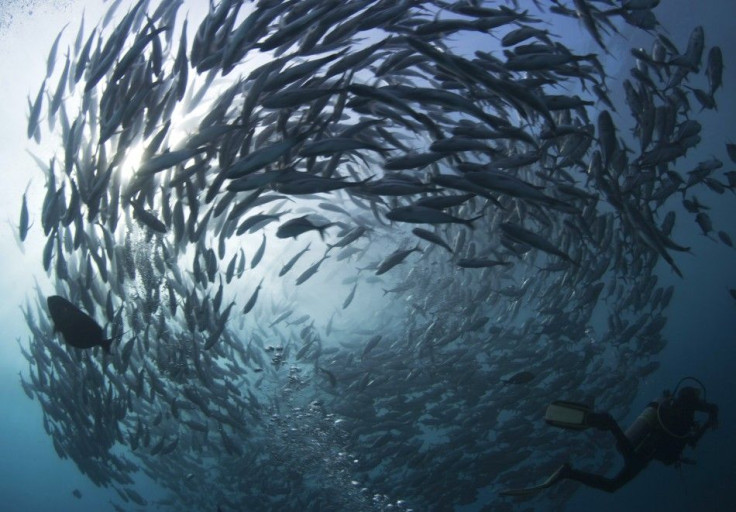Study Reveals How Global Warming Destabilization Could Cause Animals to Shrink

After witnessing the effect of climate change on the physical size of men who lived in the Middle Ages as compared to those living in the 21st century, a new study here notifies that global warming, if it continues, could cause animals to shrink.
A recent study suggests that continued global warming could, some day, result in some animals becoming smaller. The new research from Queen Mary, University of London reveals how this warming might cause world’s animals to shrink in physical size.
Researchers at Queen Mary's School of Biological and Chemical Science have explored the possibility of global warming leading to severe instabilities in animal sizes and population.
The researchers studied the data gathered for more than 40 years to show the growth and development rate of species in warmer temperatures.
They studied the physiology of marine organisms to understand how cold-blooded organisms respond to increasing temperatures and determined that such a situation could lead to the destabilization of stocks of fish and organisms evolving to limit physical growth.
The consequences are that at warmer temperatures a species grows faster but matures even faster still, resulting in them achieving a smaller adult size, Dr. Andrew Hirst, one of the authors of the study, was quoted as saying.
Decoupling of these rates could have important consequences for individual species and ecosystems, he added.
The study, published in the journal The American Naturalist, suggests that considering the present state of global warming, it is crucial to conserve and manage fish stock to avoid the fatal after-effects of rising temperature on the fish population and the ecosystem.
Researchers also state that the warming-induced destabilization of fish population could have severe side-effects on the entire marine ecosystem and aquatic animals, in general.
© Copyright IBTimes 2025. All rights reserved.





















